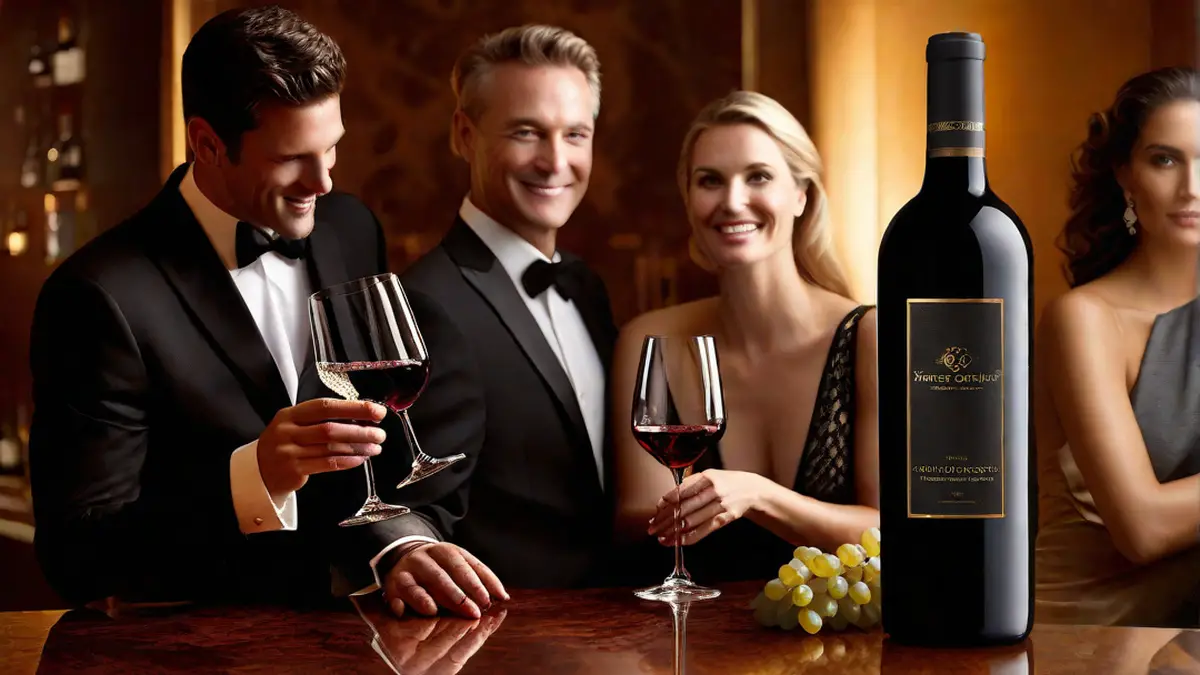For years, sealing a bottle of Champagne has sparked discussions among wine lovers. Being a passionate Champagne connoisseur, I’ve often wondered if there is a way to maintain the bubbles and flavors of this exceptional sparkling wine after opening. By conducting personal experiments and conducting research, I have discovered various techniques for resealing Champagne and gained valuable knowledge on this fascinating subject.
The Science behind Champagne Bubbles
Before diving into the resealing process, it’s important to understand why Champagne bubbles are so special. The bubbles in Champagne are a result of carbon dioxide, which is created during the fermentation process. When the bottle is opened, the carbon dioxide is released, creating those delightful effervescence that we all love.
However, once the bottle is opened, the pressure inside decreases, causing the carbon dioxide to escape rapidly. This is why it’s challenging to reseal Champagne and preserve its bubbles effectively. But don’t worry, there are still ways to enjoy the remaining Champagne without losing too much of its sparkle.
The Traditional Champagne Stopper
One commonly used method to reseal Champagne is by using a traditional Champagne stopper. These stoppers are specifically designed to fit Champagne bottles and create a tight seal to keep the bubbles intact. They are equipped with a special clamp mechanism that locks the stopper securely in place.
When using a Champagne stopper, it’s crucial to ensure that the bottle is free from any liquid residue, which can cause the stopper to slip. Additionally, it’s recommended to store the resealed Champagne in a cool and upright position to minimize the loss of carbon dioxide.
Vacuum Sealers and Champagne Stoppers
Another option that Champagne enthusiasts often explore is using vacuum sealers. Vacuum sealers work by removing the excess air from the bottle, creating a vacuum seal that helps preserve the wine’s freshness and carbonation. While vacuum sealers are commonly used for still wines, they may not be as effective for resealing Champagne.
Champagne stoppers, on the other hand, are specifically designed to uphold the high pressure inside Champagne bottles, making them a more suitable choice. When it comes to preserving the delicate bubbles of Champagne, it’s best to stick with the traditional Champagne stopper.
My Personal Experience and Tips
As an enthusiastic Champagne drinker, I have personally experimented with different methods of resealing Champagne. I have found that using a high-quality Champagne stopper yields the best results. Not only does it keep the bubbles intact, but it also allows me to enjoy the remaining Champagne over the next couple of days.
One tip that I have learned through trial and error is to avoid shaking the bottle vigorously after resealing. This can cause the Champagne to lose its carbonation more quickly. Instead, gently rotate the bottle to mix the Champagne and savor the flavors without disrupting the bubbles.
Conclusion
While resealing Champagne may not be as straightforward as resealing still wines, it is indeed possible to preserve some of the bubbles and flavors. By using a high-quality Champagne stopper and following proper storage techniques, you can prolong the enjoyment of your favorite bubbly.
Whether you’re saving Champagne for a special occasion or simply want to extend its lifespan, resealing is a viable option. So go ahead, pop open a bottle of Champagne, savor the moment, and don’t fret about finishing it all in one sitting. With the right techniques, you can continue to enjoy the effervescence and taste of Champagne long after it’s been opened.




